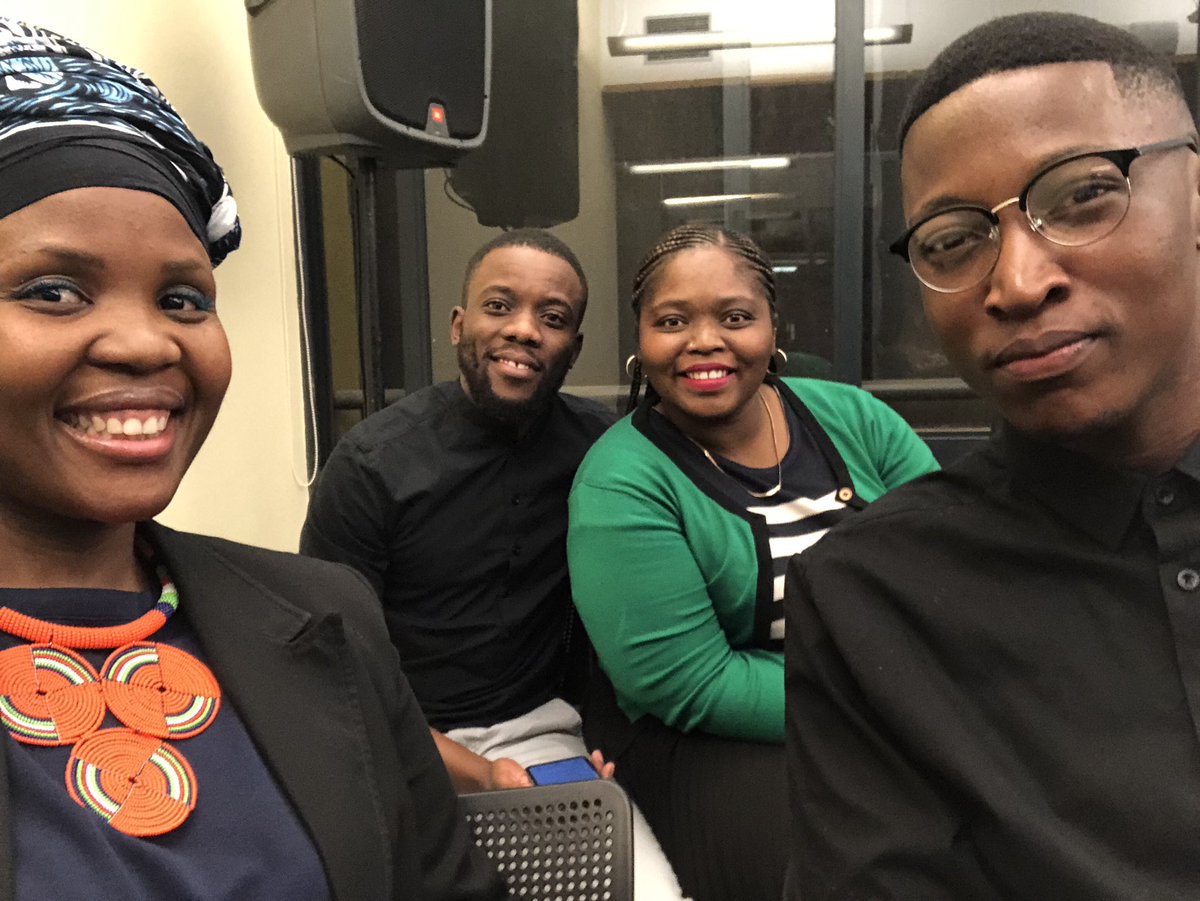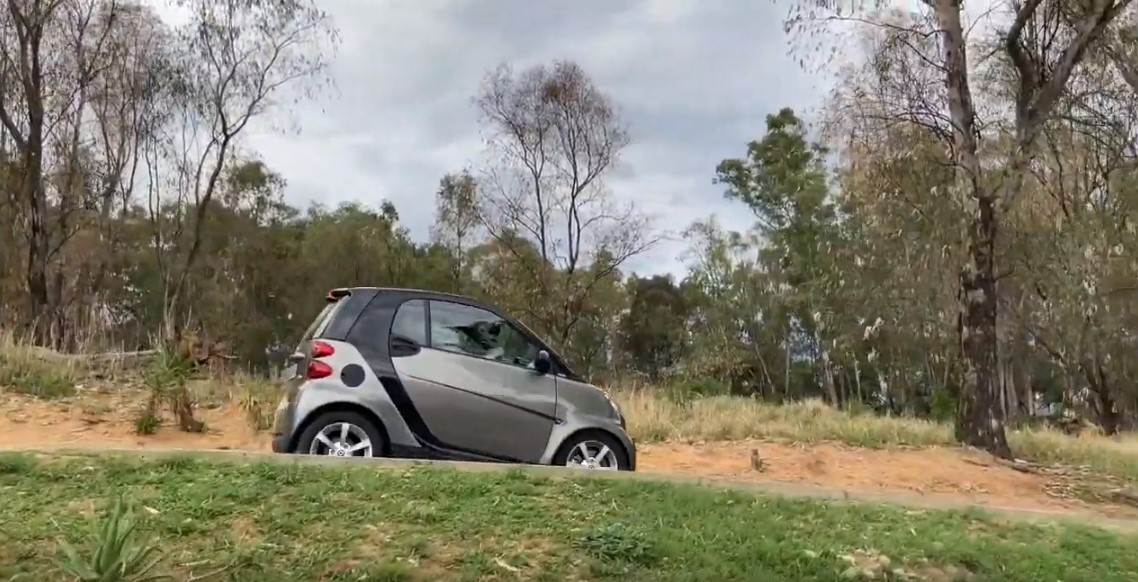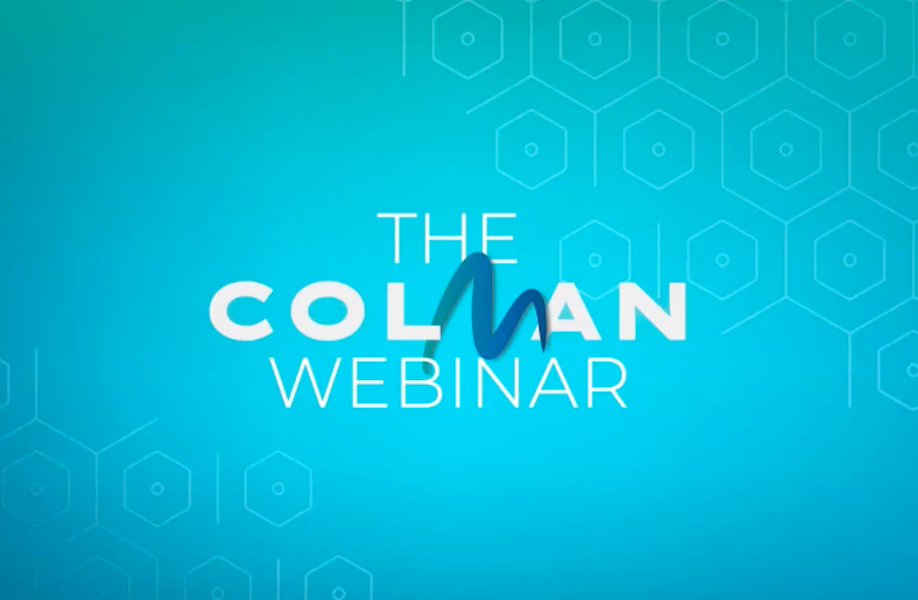
The Colman Webinar: Embrace tech, swallow the frog and get the basics right
Despite the re-emergence of in-person events, webinars are still extremely popular. CN&CO Events typically puts on three to five webinars a week for clients within and outside of the insurance industry.
“Attending a webinar online is far easier than attending at a venue,” says CN&CO Events head Llewellyn du Plessis. “You can participate while sitting at your desk, there’s no travel time involved, and you can watch in your own time. Plus, there are no geographical boundaries – you can attend whether you’re in Pofadder or Parys.”
The recent Colman Webinar is a good example of how online gatherings break down geographical boundaries. This particular webinar, which was facilitated by CN&CO Events, was sponsored by the Insurance Institute of KZN in collaboration with the institutes of the Eastern Cape, Border and Drakensberg. The participants were located in Durban and Cape Town, while much of the technical stuff took place in Johannesburg.
“The ‘where’ and the ‘when’ become almost irrelevant,” says Llewellyn. “It’s all about the content.”
More than 1 700 people attended the Colman Webinar live when it was presented by one of the insurance industry’s power couples, Simon and Christelle Colman – and many more have watched the recording.
Simon is known as the Liability Guy in the insurance industry, given his 30+ years as a liability underwriter. He’s also the head judge of The Insurance Apprentice and the CEO of Liability Matters, an underwriting agency that specialises in casualty business.
Christelle is an insurance entrepreneur with a proven track record in building sustainable specialist insurance businesses. Ami Underwriting Managers is her latest entrepreneurial venture, where she aims to bring meaningful, positive change to the personal lines insurance market in South Africa.
CN&CO has a long history of friendship with Simon and Christelle. In fact, Carel performed their wedding ceremony in 2015 and is a co-founder, with Christelle, of Ami.
The webinar was hosted by IIKZN’s Sebastian Reddy and Jonathan Thompson, who posed some interesting questions to the Colmans.
Question 1: Why did you decide to leave the corporate world and start your own businesses?
Simon: I’ve always been able to innovate and develop new products, even in a corporate environment. I’ve always felt like an entrepreneur. It was a risk, walking away from the corporate security and all of the things that go with being employed at a big company. Being able to set something up outside of the corporate environment and provide employment was a big driver for me. As a South African, I wanted to make life better.
Christelle: I discovered at an early age that I am difficult to manage. I realised when I was still in primary school that I wanted to be my own boss. I’ve had the big corporate jobs, but I absolutely prefer being in a place where I have control over my time and where I can make my own decisions. I am also hugely motivated by job creation.
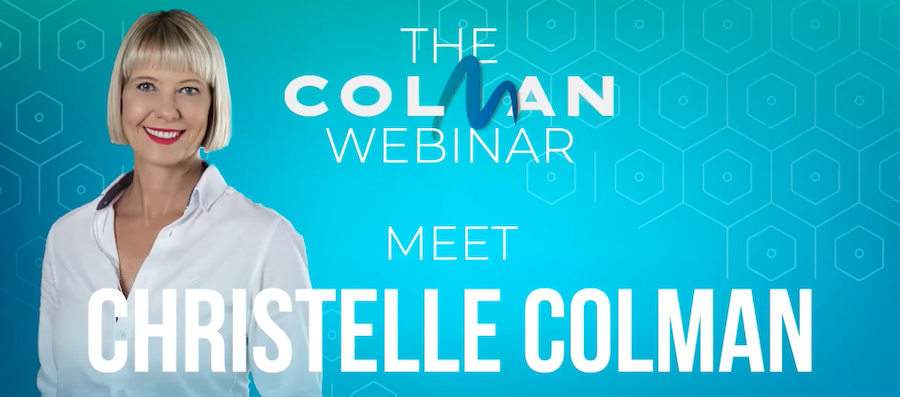
Question 2: Insurance can be a very competitive industry. Some might say that the market is saturated in certain areas. How did you find a gap in the market? And what advice do you have for someone who is looking for an opportunity to start their own venture?
Christelle: The South African insurance industry is rife with entrepreneurship opportunities. Even though there are some barriers to entry in the financial services industry, there is so much opportunity, especially in the broking space. Our country needs people to start companies and create jobs. We all have a responsibility to build this country. Yes, you have to know your industry well to be able to identify pockets of opportunity. However, innovation isn’t always about creating something entirely new; sometimes, it’s about refining what’s already there. Always remain alert for opportunities and seize them when they arise.
Simon: There’s always going to be someone who doesn’t want to be insured by a big corporate. They want to have a one-on-one relationship with someone who may be walking the same entrepreneurial journey as they are. There’s always room for the personal touch. There’s also a danger when deploying new technology that we become detached from our customers. Some prefer it, but there are always those who prefer the human interaction.
Question 3: In the era of LinkedIn and virtual meetings, how do you believe that the art of networking varies from young entrepreneurs compared to older people, specifically with reference to restraints of trade? How do we protect our business and relationships after leaving a company?
Simon: I think it would’ve taken years for me to get the message out about my startup without LinkedIn. Creating a brand that moves with you if you change jobs makes sense using social media.
On the subject of restraints businesses have a right to protect themselves and restraints should be honoured, particularly when you are or have been paid for the restraint. I would also caution young people to think carefully before signing lengthy restraints as they could deter any prospective employer. No one wants to wait six months or a year to fill a position. Also I believe that we have to protect our reputations and employers should say goodbye to their best employees in a way that suggests they could be your best ambassadors after they leave.
Christelle: But make sure they pay you! If you sign a restraint of trade for six months, the company must pay you not to work for six months. And don’t take any IP with you when you leave. Integrity is what you do when no one is watching. Whatever you do will come back to you. If you do the right thing, the universe rewards you.
I learned the importance of networking at a very young age, and the institutes provide a great opportunity for people in the industry to come together. Digital channels such as LinkedIn for business and your personal social media platforms are equally important. Every post you share crafts a narrative about you, so curate it thoughtfully. Approach these platforms with both your professional and personal persona in mind.
Question 4: What about financing? And what skills remain timeless for entrepreneurs and what new skills do we believe are crucial for today’s young visionaries?
Christelle: Do the old-fashioned things well. Look people in the eye. Do what you say you will do. Be on time, or be early. Practise good posture. Have a confident handshake, even if you’re a woman. Hold the door, even if you’re a woman. Be kind. Never gossip. These things are all free. They’re entirely within your control and they will never go out of style. Get the basics right.
Simon: The first time I went on my own I wasn’t successful and I retreated back into the corporate environment. It’s difficult to fund a start-up all on your own. But you can approach people who have money and get them to back your ideas in return for a stake in the business.
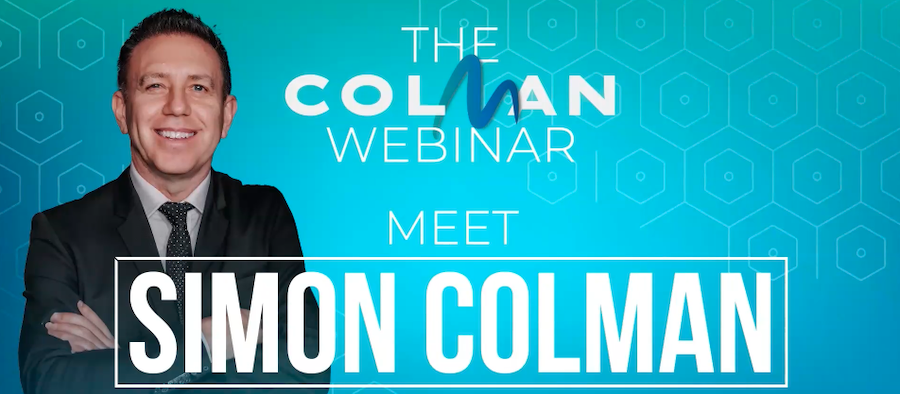
Christelle: It takes a long time and a lot of resources to take your business to market. You have to pay salaries, marketing costs, travel costs, pay for systems – it’s not just supporting yourself. If you seek external financing, be ready for rigorous scrutiny of your vision. While this path can be challenging, a simpler strategy might be to begin with savings and start on a smaller scale. Maximise the potential of your network to propel your venture forward.
Question 5: We’ve heard a lot about your successes. Could you tell us about some of your failures? And how do you deal with that fear of failure and stay positive and resilient? Starting a business is stressful. How do you look after your mental health?
Christelle: I prefer using the term setbacks, rather than failures. Everything that happens to you teaches you a lesson. No matter how prepared you are, how well you know your subject matter and your market, things happen that are out of your control. If you’re thinking of starting a business, don’t think it will be without its challenges. Your choice is how you deal with it and how you move forward.
Simon: I regard my first business as a failure. After four years I had to sell my car to cover my personal expenses. I decided to retreat to a corporate to regroup and gather resources. It took me a good 20 years to get over it. I wasn’t in the healthiest of minds when I started my business in the 90s. I didn’t have a plan and I made a lot of bad decisions. I have just celebrated 22 years of sobriety and I have to guard myself against anything that would take me back down the road of addiction again. A stable home life and lots of exercise are vital components of decompressing and maintaining my mental health. If you’re not healthy in your head, you’re not going to make any of the right decisions for your business. You don’t want to be making decisions out of desperation or fear. They don’t normally work out for you.
Christelle: A well-known saying goes: Ambitious women have two choices: a supportive partner or none at all. Without a partner’s support, challenges can magnify, particularly for women.
Question 6: How has all of this affected your relationship? How do you find a work-llife balance and where does the insurance conversation actually stop?
Simon: Before we got married, my dad gave me a piece of advice. He said, “If you and Christelle get into an argument about something, and you think that she’s not right, go away, rethink, and then come back and agree with her. And you will have a very happy relationship.”
Christelle: We both work from home, in the same industry. The oldest of our four kids also works in insurance. In our relationship it’s all got to do with love and respect. It’s as simple as that. We see our careers as an adventure. We do what we do because we enjoy this industry and we want to make a meaningful difference to the industry and its people.
Question 7: What about the next generation? Industries evolve and insurance is no exception. How important is mentorship when it comes to building young people to take over the industry?
Christelle: Having a mentor is not just for young people. Carel Nolte (my business partner in Ami) and Simon stand out as my most influential mentors. I informally mentor a lot of people, especially women. Anyone can be a mentor if they have experience or a unique skill set.
Simon: I’m very lucky because The Insurance Apprentice creates a platform where I come into contact with lots of up-and-coming talent. I get a lot out of it. I’ve developed a number of long-standing relationships, not just with the winners but with the rest of the contestants in each season. We stay in touch, and I love that level of engagement. I also have two mentors, who give me great personal and business insight. It’s important to have people in your life whose view differ from yours, people who can challenge you. Also, it’s important to remember that older people can still add value after the official retirement age.
Question 8: How do you sustain an income while starting a business?
Christelle: I don’t think you should start a business unless you have at least six months of salary saved up. You can also look at getting funding advice via professional organisations such as the FIA, for example, if you’re starting as broker. There are corporates who might be willing to help. But if you can’t manage your own personal finances, don’t even think about starting a business. You need to have control and discipline. I work every day and I don’t earn half of what I did in corporate. But I love it!
Simon: The opposite of discipline is regret. If you’re not good at the financial side of things, make sure you go into partnership with someone who is. And remember, you can always go back into corporate if things don’t work out. Don’t be afraid to take some risks.
Question 9: While younger generations are often seen as digital natives, older entrepreneurs bring years of experience. How do you see both groups effectively harnessing technology in their businesses?
Simon: I’m in my fifties and I love technology. I don’t think it’s the exclusive domain of the younger generation. But you do have to make an effort. I don’t think there is much of a gap between the older and younger generations. If you’re going to be an entrepreneur, you don’t want to have to hire someone every time you write another hundred policies. You won’t be able to earn a living like that. You’re going to need to lean on technology or have partners who can provide you with technology. People are using technology before they consult with the specialist (insurance broker), so you need to be on your toes. This is the same way you google your illness before you go to the doctor You don’t want to be caught out because your client is better informed than you.
Christelle: Embracing technology is essential. If we let fear hold us back, we risk lagging behind. Digital tools, like ChatGPT, are here to enhance our efficiency. Do the most difficult things first – “swallow the frog”, as Mark Twain said – first thing in the morning. And then swallow your boss’s frog. You never know what you might end up doing! 🐸
To watch the entire webinar, click here. And if you’d like CN&CO Events to put together a phenomenal webinar for your business, contact llewellyn@cnandco.com.



